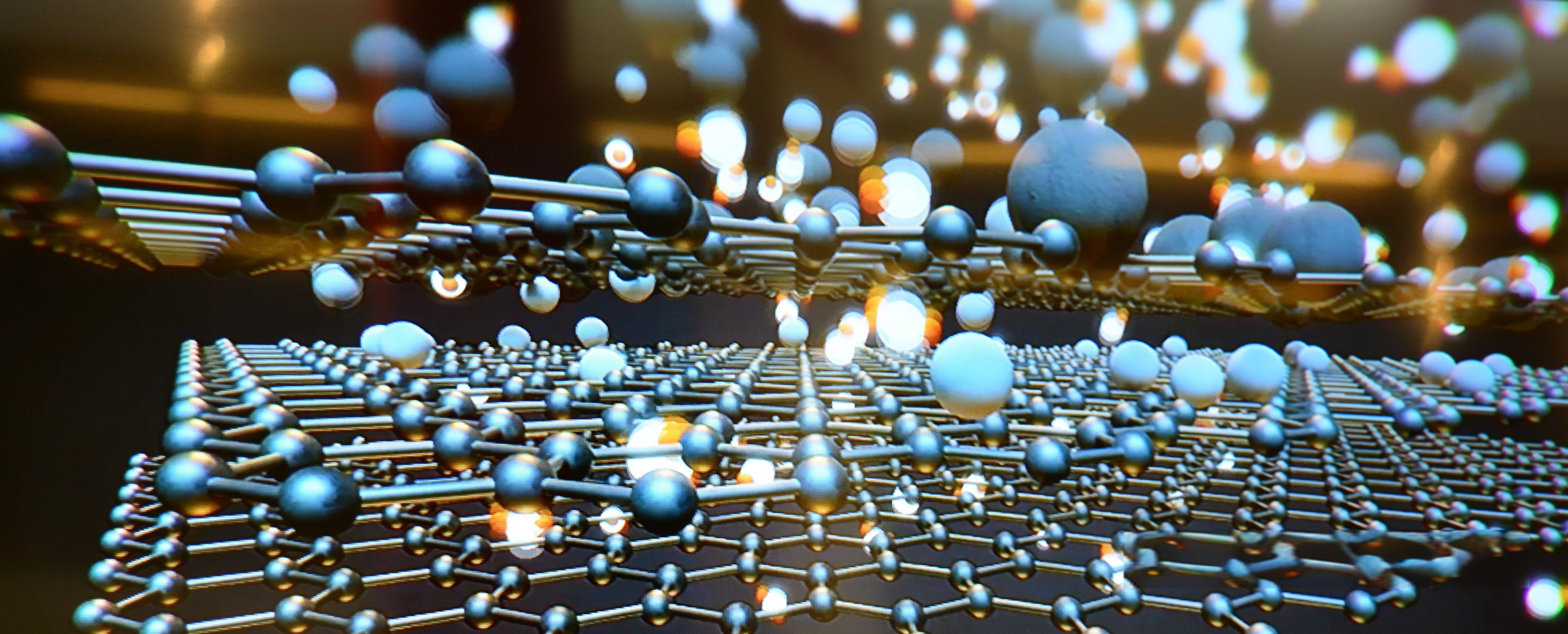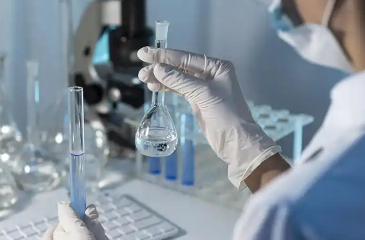4-Acetoxystyrene: A Key Polymeric Chain Extender in Polymer Synthesis
Polymer chain extenders enhance polymer properties by lengthening the chains, and one key extender is 4-Acetoxystyrene. Essential in modern polymer synthesis, it improves the strength and flexibility of polymers. Used across various industries, including plastics, coatings, and adhesives, its demand is growing as industries seek higher-performance materials. 4-Acetoxystyrene continues to be a vital component due to its ability to meet the increasing need for high-quality polymers.

Chemical Structure and Properties
Structure of 4-Acetoxystyrene
4-Acetoxystyrene has a simple chemical structure. It consists of a benzene ring attached to a vinyl group. On the benzene ring, there is an acetoxy group at the para position. This means the acetoxy group is opposite the vinyl group on the ring. The vinyl group makes the molecule reactive. The acetoxy group adds stability to the structure. This combination makes 4-Acetoxystyrene useful in polymer chemistry.

Key Chemical Properties
4-Acetoxystyrene has several important chemical properties. It is reactive due to the vinyl group. This reactivity allows it to participate in polymerization reactions. The molecule is also soluble in many organic solvents. This solubility helps it mix well with other chemicals during synthesis. Additionally, 4-Acetoxystyrene has a moderate boiling point. This makes it easy to handle and process in industrial settings.
How Its Structure Influences Its Role as a Chain Extender
The structure of 4-Acetoxystyrene is key to its function as a chain extender. The vinyl group allows it to link polymer chains together. When added to a polymer, it reacts with the ends of the chains. This reaction lengthens the polymer chains, improving their properties. The acetoxy group provides stability during this process. It ensures that the extender does not break down easily, maintaining the integrity of the polymer.
UniVOOK Chemical‘s 4-Acetoxystyrene
UniVOOK Chemical produces high-quality 4-Acetoxystyrene. It is used as an intermediate in making various materials. For example, it is used in the synthesis of ion exchange resins. It is also important in creating photoresist polymers and crosslinked fibers. Additionally, 4-Acetoxystyrene serves as a coupling agent and in the production of conductive polymers. In the pharmaceutical industry, it is used in drug synthesis. UniVOOK Chemical provides 4-Acetoxystyrene as an initiator for polymerizing different copolymers. It is also used as a bifunctional monomer in organic synthesis. The company offers high-quality 4-Acetoxystyrene (PACS) for use in photoresist production. Along with 4-Acetoxystyrene, UniVOOK Chemical manufactures and distributes various styrene derivatives. These include both industrial and pharmaceutical grades. The company has a production capacity of 6000 metric tons.
Role in Polymerization
Explanation of Chain Extension in Polymer Chemistry
Chain extension is a process in polymer chemistry. It involves linking short polymer chains into longer ones. This process improves the properties of the polymer. Longer chains make the material stronger and more durable. Chain extension is important for creating high-quality polymers used in many applications.
Mechanisms of 4-Acetoxystyrene in Polymerization Processes
4-Acetoxystyrene plays a key role in chain extension. It reacts with the ends of polymer chains. The vinyl group of 4-Acetoxystyrene bonds with the polymer chains. This reaction links the chains together. As a result, the polymer becomes longer and its properties improve. The acetoxy group helps stabilize the new bonds formed during this process.
Comparison with Other Chain Extenders
There are several types of chain extenders used in polymer chemistry. Compared to others, 4-Acetoxystyrene has unique advantages. It offers better stability during the reaction. This leads to more reliable polymer properties. Additionally, it is versatile and can be used with various types of polymers. Other chain extenders may not provide the same level of performance or compatibility.
Applications in Polymer Synthesis
Use in Different Types of Polymers
4-Acetoxystyrene is used in many types of polymers. It is common in thermoplastics, which are plastics that can be melted and reshaped. It is also used in elastomers, which are rubber-like materials. By extending the chains in these polymers, 4-Acetoxystyrene improves their strength and flexibility.
Influence on Polymer Molecular Weight and Properties
Using 4-Acetoxystyrene affects the molecular weight of polymers. Higher molecular weight means longer polymer chains. This leads to stronger and more flexible materials. The improved properties make the polymers better suited for various applications. For example, stronger plastics are more durable, and flexible elastomers are better for use in products that need to bend or stretch.
Examples of Polymer Products Enhanced by 4-Acetoxystyrene
Many polymer products benefit from 4-Acetoxystyrene. For instance, certain plastics used in packaging become more durable. Coatings applied to surfaces are stronger and more resistant to wear. Adhesives become more effective in bonding materials together. Additionally, conductive polymers used in electronics gain better performance. These enhancements make products more reliable and longer-lasting.
Synthesis of 4-Acetoxystyrene

Common Methods of Synthesizing 4-Acetoxystyrene
There are several ways to synthesize 4-Acetoxystyrene. One common method involves the acetylation of hydroxyethylstyrene. This process adds an acetoxy group to the molecule. Another method uses the reaction of styrene with acetic anhydride. These methods are widely used in industrial settings to produce large quantities of 4-Acetoxystyrene.
Catalysts or Conditions Involved
The synthesis of 4-Acetoxystyrene requires specific catalysts and conditions. Typically, an acid catalyst is used to speed up the reaction. The process is carried out at controlled temperatures to ensure proper reaction rates. Solvents may be used to dissolve the reactants and facilitate the reaction. These conditions are carefully managed to produce high-purity 4-Acetoxystyrene.
Challenges and Recent Developments in Synthesis Techniques
Synthesizing 4-Acetoxystyrene presents some challenges. One issue is controlling the reaction to prevent unwanted by-products. Achieving high purity can be difficult. Recently, new techniques have been developed to improve the synthesis process. These include better catalysts and more efficient reaction conditions. These advancements help produce 4-Acetoxystyrene more effectively and with fewer impurities.
Environmental Impact and Sustainability
Considerations Regarding the Environmental Footprint of 4-Acetoxystyrene
The production and use of 4-Acetoxystyrene have environmental impacts. The synthesis process can produce waste and emissions. Proper handling and disposal are necessary to minimize pollution. Additionally, the use of solvents and catalysts must be managed to reduce environmental harm. It is important to consider these factors to ensure responsible use of 4-Acetoxystyrene.
Efforts to Make Its Synthesis and Use More Sustainable
There are ongoing efforts to make the synthesis of 4-Acetoxystyrene more sustainable. This includes developing greener catalysts that are less harmful to the environment. Improving reaction efficiency reduces waste and energy consumption. Recycling and reusing materials in the synthesis process also help lower the environmental footprint. These efforts aim to make the production and use of 4-Acetoxystyrene more eco-friendly.
Closing Thoughts
4-Acetoxystyrene is an important compound in polymer chemistry due to its unique structure, which includes both a vinyl and an acetoxy group. These features make it an effective chain extender, enhancing the strength and flexibility of polymers. Produced by UniVOOK Chemical, high-quality 4-Acetoxystyrene is widely used across industries such as plastics and pharmaceuticals. Advances in its synthesis are continually being made, with a focus on reducing environmental impact. Ultimately, 4-Acetoxystyrene is crucial for the development of superior materials used in a wide range of applications.
Access Our Product Catalog and More to Discover High-Performance Chemicals Tailored to Your Business Needs





